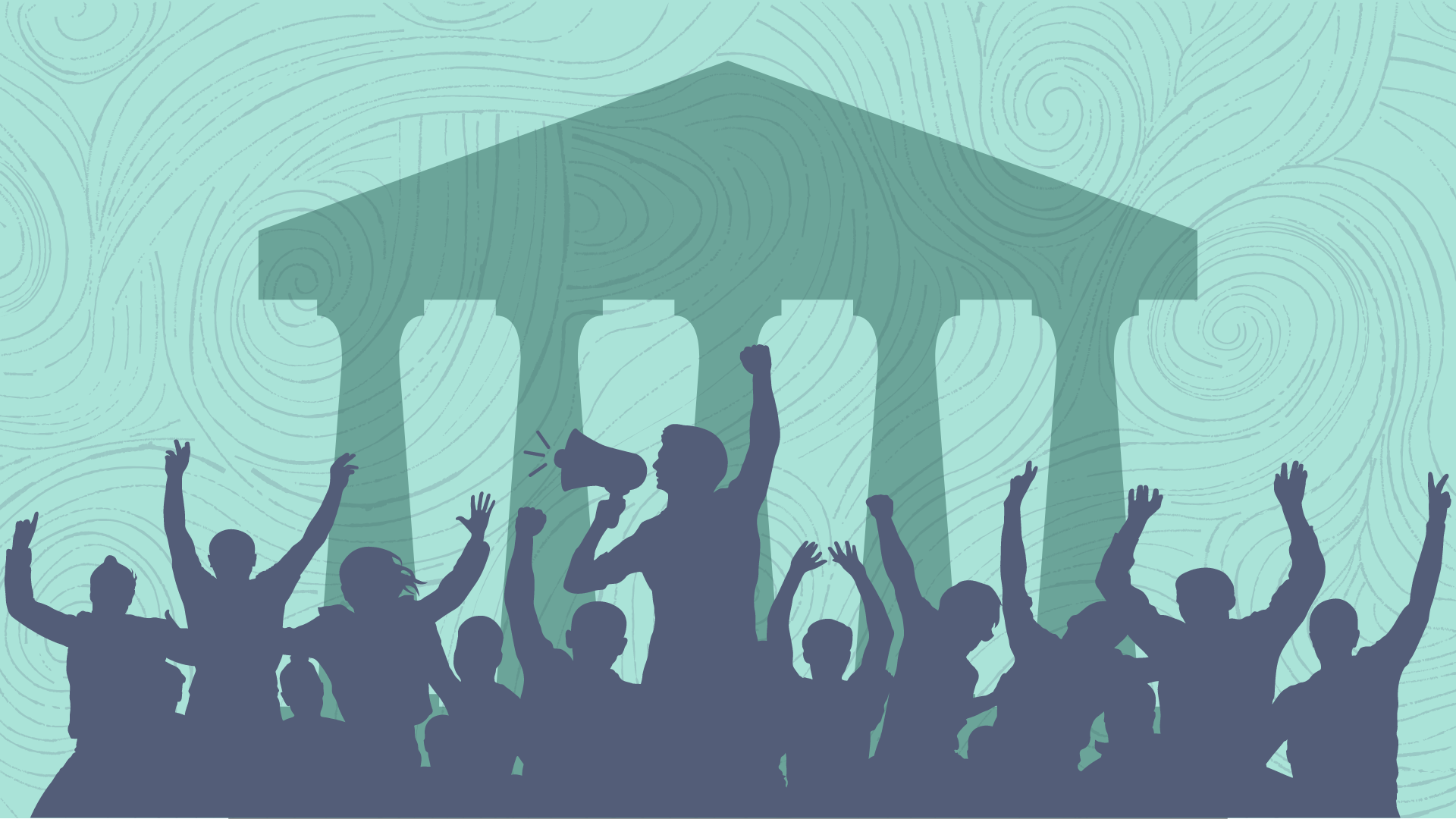A new report points towards children’s upbringing as a fundamental factor in their perceptions on politics. Its groundbreaking findings could make way for a new model of political empowerment.
“Due to the misconception that only males can be politicians, a lot of women don’t put a thought into becoming a politician,” one 16 year old responded to a survey conducted by Kuviraa, an Indian initiative for improving political awareness in girls, along with UCLA’s Department of Social Welfare.
With growing public consciousness over the need to understand gender-based practices in education and the upbringing of children, it is imperative to consider how exposure to political education is influenced by gender. Through Kuviraa’s research, which is the first Indian study to investigate the gendering of politics in the teenage age bracket, we are able to gauge the age dynamics as a shifting paradigm of opinions and experiences with politics—of teenagers and young adults of different genders.
Gendered political socialisation refers to the distinct enculturation of political thought and values in children of different genders—this study points out that boys are often more politically engaged than girls who are less as likely to engage in political participation as they get older. A qualitative analysis of the survey responses yields a more nuanced understanding that reveals several reasons for their political exclusion: exposure to misogyny in media leading to fear for security, a lack of support from the family, plus a gap in opportunities for girls, women and gender non-conforming people, amongst others.
On the other hand, boys often responded with a more optimistic—or perhaps, uninformed—perspective on the state of feminist politics. In response to whether it is more difficult for women to become elected officials, older boys were more likely to disagree with the statement than older girls. Boys’ awareness of the patriarchal institutions that govern political participation is thus shown to decrease with age.
Knowing this, how do we tweak our systems? We can start by encouraging adults to not think of politics as an “adult” topic—and to open up doors to politics to young people. This includes not shying away from discussions about politics or policy (or feminism!) in education spaces, through creating safer non-judgemental spaces instead. Bonus points if you facilitate political participation—teach your students how to submit a RTI, write a letter to their local representative, or ask for progressive policy changes in your own school environments too.
And then we can reflexively understand if we are, ourselves, unintentionally perpetuating gender norms and systemic misogyny in our conversations around politics? We can start by using gender inclusive pronouns when discussing political professions, degendering the characterisation of a “typical” political candidate, and giving credit where credit is due—encourage your students to learn more about the policies and successes of politicians and policy leaders who are not cis-male too!
And then we can ensure that young people of all genders are beginning to realise that they can take up space and influence the policies that shape their world.
This blogpost is written by Ananya Pathak, a social sciences student, interdisciplinary environmental justice art-ivist/writer, and volunteer at Kuviraa’s research team. All views expressed are their own. Read the full report, here.


